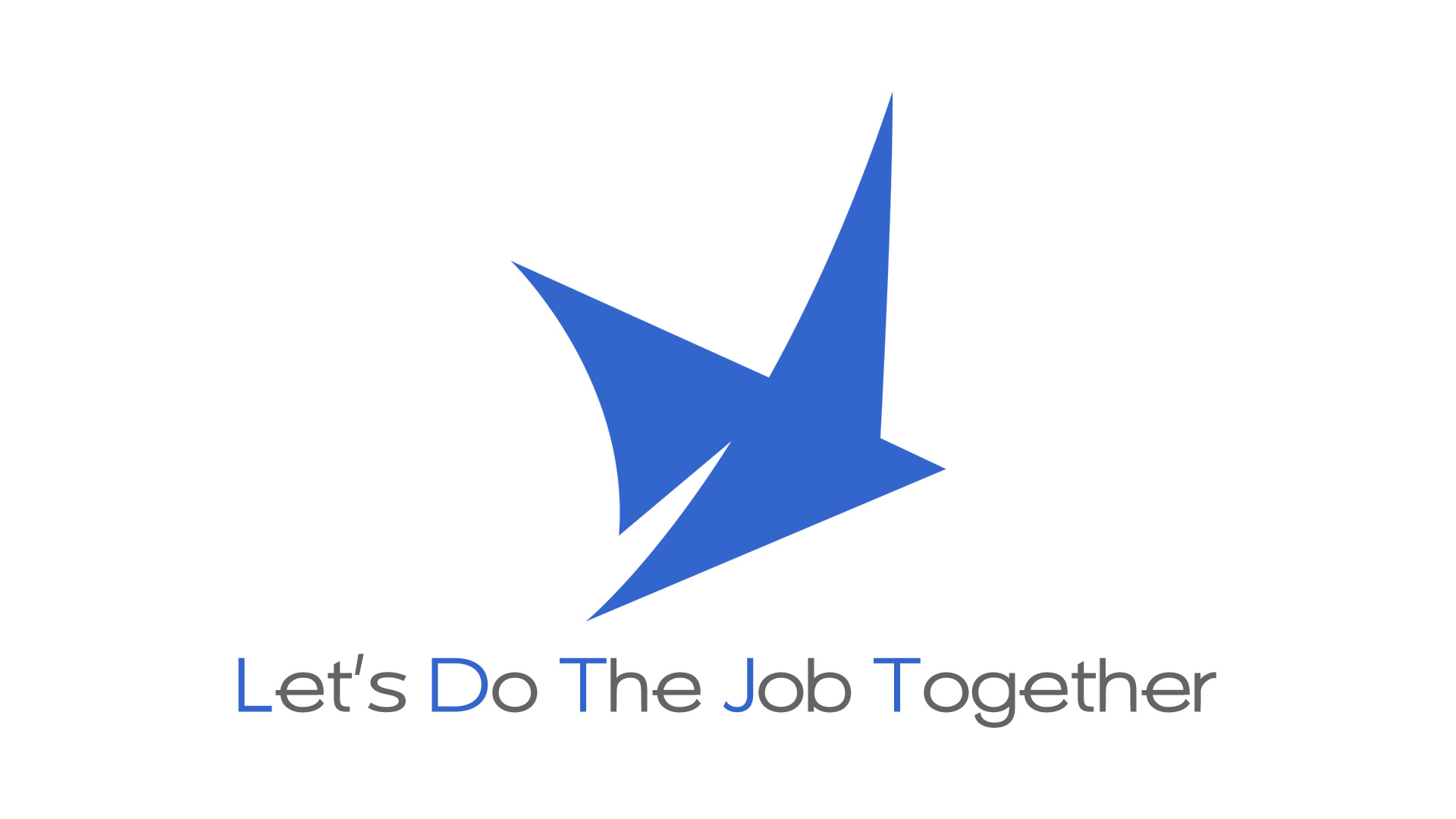ទីផ្សារការងារឯករាជ្យ៖ ឧស្សាហកម្មកំពុងរីកចម្រើនក្នុងយុគសម័យឌីជីថល
ទីផ្សារការងារឯករាជ្យបានជួបប្រទៈនឹងការប្រែប្រួលយ៉ាងគួរឱ្យចាប់អារម្មណ៍ក្នុងទសវត្សរ៍ចុងក្រោយនេះ។ ជាមួយនឹងការរីកចម្រើននៃវេទិកាឌីជីថល ការងារពីចម្ងាយ និងសេដ្ឋកិច្ច gig ការងារឯករាជ្យបានក្លាយជាជម្រើសអាជីពគួរឱ្យចាប់អារម្មណ៍សម្រាប់ជនច្រើនលើសពាន់លាននាក់ជុំវិញពិភពលោក។ ការប្រែប្រួលនេះកំពុងប្លែងរចនាសម្ព័ន្ធការងារប្រពៃណី ហើយផ្តល់នូវភាពបត់បែន និងឱកាសដ៏ល្អឥតខ្ចោះសម្រាប់ទាំងអាជីវកម្ម និងបុគ្គល។
ការលូតលាស់នៃសេដ្ឋកិច្ច Freelance
ទីផ្សារការងារឯករាជ្យកំពុងពង្រីកយ៉ាងលឿន។ អាស្រ័យលើសិក្សាថ្មីៗបង្ហាញថា ជាងមួយភាគបីនៃកម្លាំងពលកម្មទូទាំងពិភពលោក កំពុងពាក់ព័ន្ធជាមួយការងារឯករាជ្យ។ ការរីកចម្រើននៃវេទិកាជាច្រើនដូចជា Upwork, Fiverr, Freelancer និង Toptal បានធ្វើឲ្យវាស្រួលសម្រាប់អ្នកជំនាញក្នុងការតភ្ជាប់ជាមួយអតិថិជននៅជុំវិញពិភពលោក។ តម្រូវការកាន់តែច្រើនចំពោះជំនាញឯកទេសក្នុងវិស័យដូចជា អភិវឌ្ឍន៍កម្មវិធី គំនូរឌីជីថល ការសរសេរមាតិកា ទីផ្សារ និងការផ្តល់យោបល់ បានជំរុញឲ្យមាននិន្នាការនេះ។
មូលហេតុសំខាន់មួយដែលជាជំរុញការកើនឡើងនៃការងារឯករាជ្យគឺដោយសារចំណុចខាងបច្ចេកវិទ្យា។ អ៊ីនធឺណិតល្បឿនលឿន ការគណនាដោយពពក និងឧបករណ៍សហការឌីជីថល អាចអោយអ្នកធ្វើការឯករាជ្យធ្វើការពីគ្រប់ទីកន្លែង។ វាបានធ្វើឲ្យការងារពីចម្ងាយក្លាយជាជម្រើសជាក់ស្តែងសម្រាប់អ្នកជួល និងបុគ្គលិក ដោយកាន់តែជំរុញការផ្លាស់ប្តូរទៅលើមុខងារឯករាជ្យ។
អត្ថប្រយោជន៍នៃការធ្វើការឯករាជ្យ
Freelance ផ្តល់អត្ថប្រយោជន៍ជាច្រើនសម្រាប់ទាំងបុគ្គលិកនិងអាជីវកម្ម។ សម្រាប់អ្នកធ្វើការឯករាជ្យ វាផ្តល់នូវ៖
-
ភាពបត់បែន៖ អាចជ្រើសរើសគម្រោង កំណត់ម៉ោងធ្វើការ និងធ្វើការពីគ្រប់ទីកន្លែង។
-
ឯករាជ្យភាព៖ មានសេរីភាពក្នុងការជ្រើសរើសអតិថិជន និងគ្រប់គ្រងការរីកចម្រើនអាជីព។
-
ឱកាសចម្រុះ៖ មានឱកាសធ្វើការនៅលើគម្រោងផ្សេងៗពីទីផ្សារពិភពលោក និងពង្រឹងជំនាញ។
-
សក្តានុពលចំណូលខ្ពស់៖ អ្នកមានជំនាញអាចរកចំណូលបានលើសបុគ្គលិកប្រពៃណី ជាពិសេសក្នុងវិស័យមានតម្រូវការខ្ពស់។
សម្រាប់អាជីវកម្ម ការជួលអ្នកធ្វើការឯករាជ្យផ្តល់អត្ថប្រយោជន៍ដូចជា៖
-
ការប្រសិទ្ធភាពក្នុងចំណាយ៖ បន្ថយចំណាយប្រតិបត្តិដូចជា ការជួលការិយាល័យ អត្ថប្រយោជន៍ និងកិច្ចសន្យារយៈពេលវែង។
-
ចូលដំណើរការទៅកាន់ទេពកោសល្យពិភពលោក៖ អាចជួលអ្នកជំនាញពីគ្រប់ទីកន្លែងដោយគ្មានកំណត់ភូមិសាស្ត្រ។
-
ភាពអាចលៃតម្រូវបាន៖ អាចកែប្រែចំនួនបុគ្គលិកបានរហ័សទៅតាមតម្រូវការគម្រោង។
បញ្ហាដែលជួបប្រទៈក្នុងឧស្សាហកម្ម Freelance
បើទោះបីមានអត្ថប្រយោជន៍ជាច្រើន ការងារឯករាជ្យក៏មានបញ្ហាដែលត្រូវដោះស្រាយ។ រួមមាន៖
-
ភាពមិនមានស្ថេរភាពនៃការងារ៖ គ្មានភាពស្ថិតស្ថេរ ដូចជាការងារប្រកបដោយបៀវត្សជាពេញម៉ោង។
-
ការប្រកួតប្រជែងខ្ពស់៖ ដោយសារអ្នកធ្វើការឯករាជ្យកាន់តែច្រើន ការរកឱកាសក្លាយជារឿងលំបាក។
-
គ្មានអត្ថប្រយោជន៍បន្ថែម៖ ដូចជាការធានារ៉ាប់រងសុខភាព ប្រាក់សន្សំចូលនិវត្តន៍ ឬថ្ងៃឈប់សម្រាកមានប្រាក់ខែ។
-
ការគ្រប់គ្រងអតិថិជន៖ ការចរចារសន្ធិសញ្ញា កំណត់ថ្លៃសមរម្យ និងដោះស្រាយអតិថិជនរឹងរូស។
-
ការគ្រប់គ្រងពេលវេលា៖ គ្មានបរិបទការងារដែលមានរចនាសម្ព័ន្ធត្រឹមត្រូវ ត្រូវការតែការទប់ទល់ដោយខ្លួនឯង។
អនាគតនៃការងារឯករាជ្យ
នៅពេលអាជីវកម្មបន្តទទួលយកការងារពីចម្ងាយ និងការបម្លែងឌីជីថល ទីផ្សារឯករាជ្យនឹងបន្តមានការលូតលាស់។ និន្នាការថ្មីៗរួមមាន៖
-
បច្ចេកវិទ្យា AI និងការលៃតម្រូវដោយម៉ាស៊ីន៖ ទោះបីខ្លះអាចនឹងបាត់បង់ដោយសារ automation ប៉ុន្តែវាក៏បង្កើតឱកាសថ្មីក្នុងការអភិវឌ្ឍ AI បច្ចេកវិទ្យាសិក្សាដោយម៉ាស៊ីន និងវិភាគទិន្នន័យ។
-
គំរូការងារលាយបញ្ចូល៖ ក្រុមហ៊ុនជាច្រើនកំពុងរួមបញ្ចូលអ្នកធ្វើការឯករាជ្យជាមួយក្រុមការងារផ្ទៃក្នុង ដើម្បីបង្កើនភាពបត់បែន។
-
ការឯកទេសក្នុងផ្នែកជាក់លាក់៖ អ្នកឯករាជ្យដែលមានជំនាញលើផ្នែកជាក់លាក់នឹងមានអត្ថប្រយោជន៍ប្រកួតប្រជែងខ្ពស់ជាង។
-
Blockchain និងកិច្ចសន្យាចិន្ដាញ (Smart Contracts): បច្ចេកវិទ្យា blockchain នឹងជួយបង្កើនភាពច្បាស់លាស់ និងសុវត្ថិភាពក្នុងប្រតិបត្តិការរវាងអ្នកធ្វើការឯករាជ្យនិងអតិថិជន។
សេចក្តីសន្និដ្ឋាន
ទីផ្សារការងារឯករាជ្យបានបម្លែងរបៀបធ្វើការនិងធ្វើអាជីវកម្ម។ ជាមួយនឹងអត្ថប្រយោជន៍ច្រើន និងឱកាសកំពុងកើនឡើង វាមិនមែនជាការងារផ្នែកក្រៅតែប៉ុណ្ណោះទេ ប៉ុន្តែគឺជាវិថីអាជីពពេញម៉ោងមួយដ៏អាចជឿទុកចិត្តបាន។ ទោះជាយ៉ាងណា វាក៏ត្រូវការការសម្របខ្លួន ការអភិវឌ្ឍជំនាញជាប់ទៀងទាត់ និងការធ្វើផែនការយុទ្ធសាស្ត្រដែលល្អ។ នៅពេលបច្ចេកវិទ្យា និងវប្បធម៌ការងារបន្តអភិវឌ្ឍ សេដ្ឋកិច្ចការងារឯករាជ្យនឹងក្លាយជាផ្នែកសំខាន់នៃកម្លាំងពលកម្មសកល។









